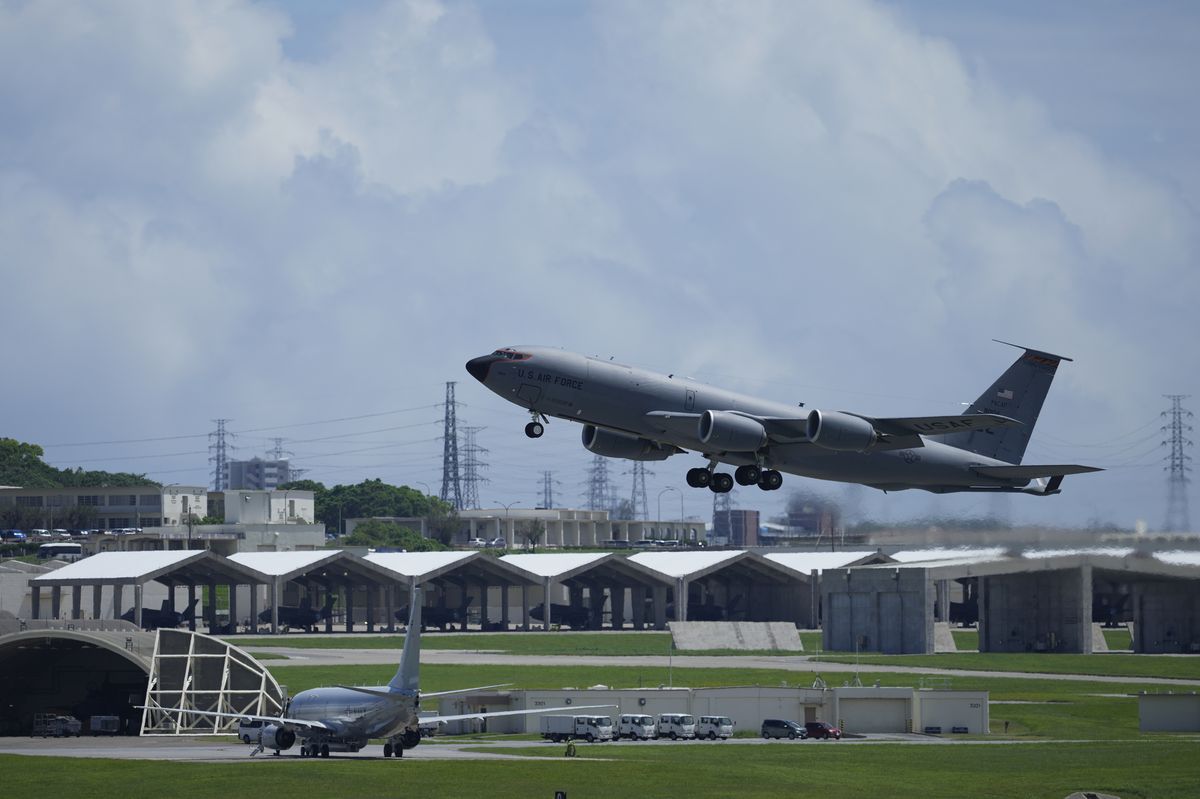I am researching this very issue.
The desire among some Japanese citizens for the closure of American military bases in Japan stems from several factors:

 www.quora.com
www.quora.com
The desire among some Japanese citizens for the closure of American military bases in Japan stems from several factors:
- Sovereignty Concerns: Many Japanese feel that the presence of U.S. military bases undermines Japan's sovereignty. They argue that having foreign troops on their soil limits Japan's autonomy in making independent decisions regarding national security and foreign policy.
- Historical Context: The legacy of World War II and the subsequent U.S. occupation of Japan has left a complex relationship between the two nations. Some Japanese view the continued presence of U.S. bases as a reminder of that historical trauma.
- Local Issues: In areas where military bases are located, residents often express concerns about noise, pollution, and crime associated with the bases. There have been incidents involving U.S. personnel that have strained relations with local communities, prompting calls for closure or relocation.
- Changing Security Landscape: Some Japanese citizens and politicians argue that Japan should enhance its self-defense capabilities rather than rely on the U.S. military. They advocate for a reassessment of Japan's security strategy in light of changing geopolitical dynamics in the region.
- Anti-Militarism Sentiment: There is a strong anti-militarism sentiment in Japan, influenced by the post-war constitution, which renounces war. This perspective fosters opposition to foreign military presence, including that of the U.S.
- Political Factors: Local politicians may leverage the issue of U.S. bases to gain support from constituents who are concerned about military presence, especially in regions heavily affected by the bases.

Why do the Japanese want the American military bases closed in Japan?
Answer (1 of 5): While like anything, there are multiple reasons why some Japanese people want the bases (or at least some of the bases) closed or relocated. There is not a single answer that applies to all the bases or all Japanese people and not all Japanese even want the bases closed. Let me o...
